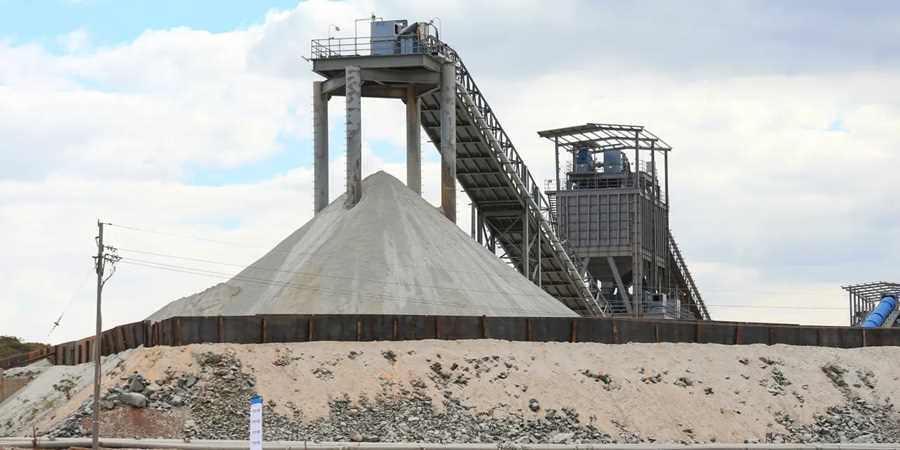
Ed Stoddard
Daily Maverick The current scramble for resources on the continent has the potential to transform Africa, as well as the world, for the better. However, the urgency of the climate crisis might outweigh Africa’s need to build industrial capacity to claim its share of the resource bonanza.
Africa, the world’s poorest continent, is the most vulnerable to rapid climate change linked to the use of fossil fuels and other human activities.
But it also holds the keys needed to unlock the global decarbonisation drive to douse the rising temperatures that are literally burning our planet.
“In terms of the minerals essential for a successful energy transition, Africa is a clear global leader. With 79% of global cobalt reserves, 44% of global manganese and 21% of global graphite, as well as sizeable resources of many other minerals including copper and tin, the continent’s potential is unrivalled,” Wood Mackenzie noted in a recent report.
Cobalt, manganese, copper and lithium are among the critical minerals or green metals required to make the stuff – such as electric vehicle (EV) batteries and solar panels – to replace fossil fuels in the global energy mix. This will be a major issue at the Investing in African Mining Indaba in Cape Town from 5 to 8 February.
“The race is on to secure critical minerals which contribute towards [meeting] the overarching need to deliver a low carbon economy. Disruptive conversations on how to open the gates to exploration in Africa are a key feature for Mining Indaba 2024.
“Importantly, our discussions will explore how Africa can best leverage its minerals for sustainable development while contributing towards global needs,” says Eve Harper, African Mining Indaba portfolio director.
One concern is that a lot of these metals may remain in the ground.
Africa holds an estimated 30% of the world’s mineral reserves, but as of 2022, it accounted for less than 10% of global expenditure on mining exploration, according to S&P Global’s World Exploration Trends 2023 report.
Increasing the pipeline of exploration projects in Africa is crucial to meet the decarbonisation goals targeted by governments and companies.
Previous resource scrambles into Africa have been tainted and downright toxic. The 19th-century trade in ivory helped finance the colonial thrust into Africa, while the region’s hydrocarbon and mineral wealth has – with isolated exceptions – failed miserably to translate into wider prosperity, a state of affairs known as the “resource curse”.
But unlike previous resource scrambles in Africa, this one has the potential to transform the continent and the world for the better.
The planet’s changing climate – the raison d’être of this quest – is a prime example.
Related Stories
Last year was the warmest year on record, according to the US National Oceanic and Atmospheric Administration (NOAA).
“After seeing the 2023 climate analysis, I have to pause and say that the findings are astounding,” said NOAA chief scientist Dr Sarah Kapnick.
“Not only was 2023 the warmest year in the NOAA’s 174-year climate record, it was the warmest by far. A warming planet means we need to be prepared for the impacts of climate change that are happening here and now, like extreme weather events that become both more frequent and severe.
“We will continue to see records broken and extreme events grow until emissions go to zero,” Kapnick said.
As things heat up, Africa has felt and will continue to feel the brunt. Much of the continent’s agriculture is still defined by rain-fed, subsistence farming, making it extremely vulnerable to extreme weather events.
A record 50 million people in West and Central Africa are expected to go hungry in 2024 – a 4% increase over 2023 – because of conflict and climate change, according to the UN. And yet Africa accounts for less than 4% of global greenhouse gas emissions, a reflection of its status as the world’s least industrialised region.
Finding and mining the metals needed to fuel the path to zero emissions can help to stem the rising tide of hunger in Africa.
Unlike the export of raw or semi-processed minerals and metals for the manufacture of products abroad, which few Africans can afford, such exports can now provide the ingredients to contain climate change to the benefit of Africa.
African governments are also keen to use critical minerals to jumpstart the region’s long-delayed industrialisation, and they may be in a position – given the scale of the stakes and the scramble – to demand that mining companies also invest in process facilities to “add value” to Africa’s commodity wealth.
Some critics will see this as a manifestation of resource nationalism. But it is an understandable goal that needs to be weighed against the urgency of the climate crisis.
Should cobalt or copper projects be held up while industrial capacity is being erected in Africa? Or should the commodities be exported in relatively unprocessed form until such capacity is in place?
And the green metal rush in Africa has also not been spared some of the consequences which extractive industries have historically inflicted on the continent.
The cobalt sector has been tarnished by allegations that part of its supply chain feeds off exploited artisanal and child labour in the Democratic Republic of Congo, which accounts for about 70% of global production of the crucial battery metal.
But the mining industry is becoming cleaner and greener in the face of demands from investors and the wider public.
Its embrace of ESG – environmental, social and governance concerns – and enhanced transparency through the adoption of mining cadastral systems in many countries are curbing its excesses of the past.
Wood Mackenzie recently estimated that “$400-billion in capital expenditure is required for mining, refining and smelting of critical minerals by 2030 to bridge the supply-demand gap and limit global temperature increases to 1.5°C above pre-industrial levels”.
That’s a looming mountain of investment and Africa is well positioned to scale this peak. Hopefully, it can do so before the vanishing glacier near the summit of Kilimanjaro melts away forever. DM












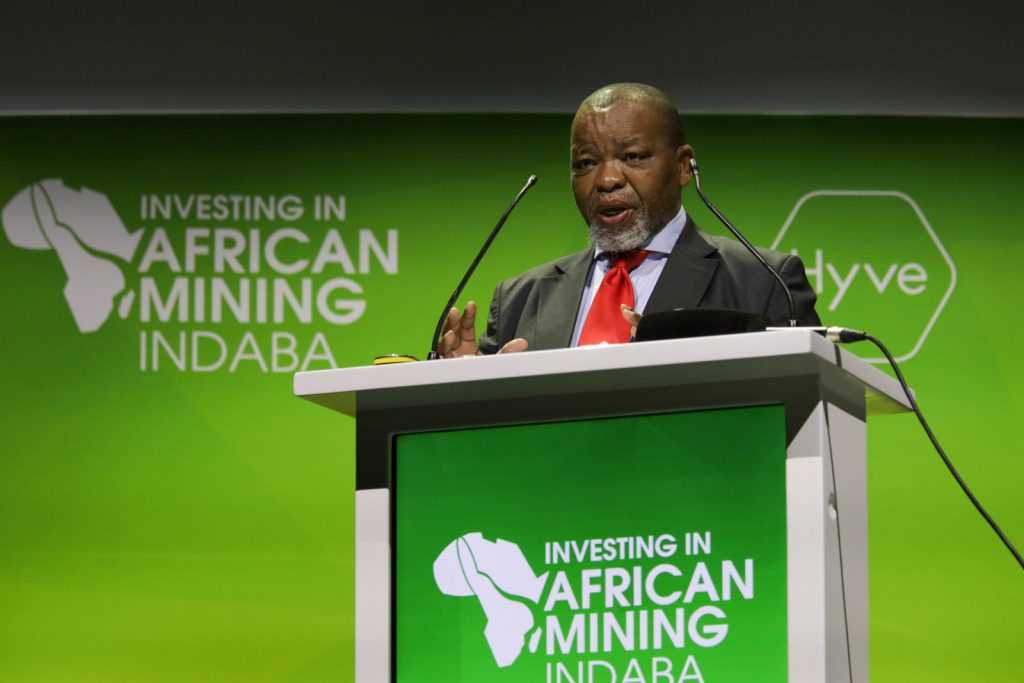

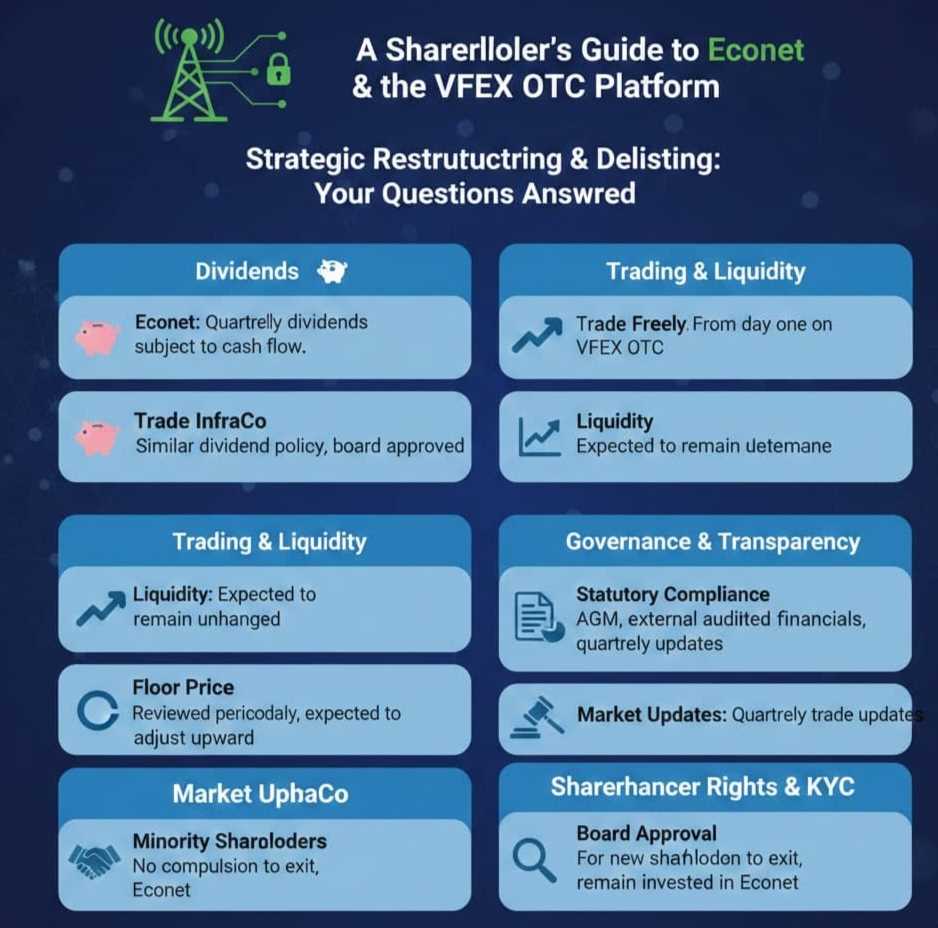
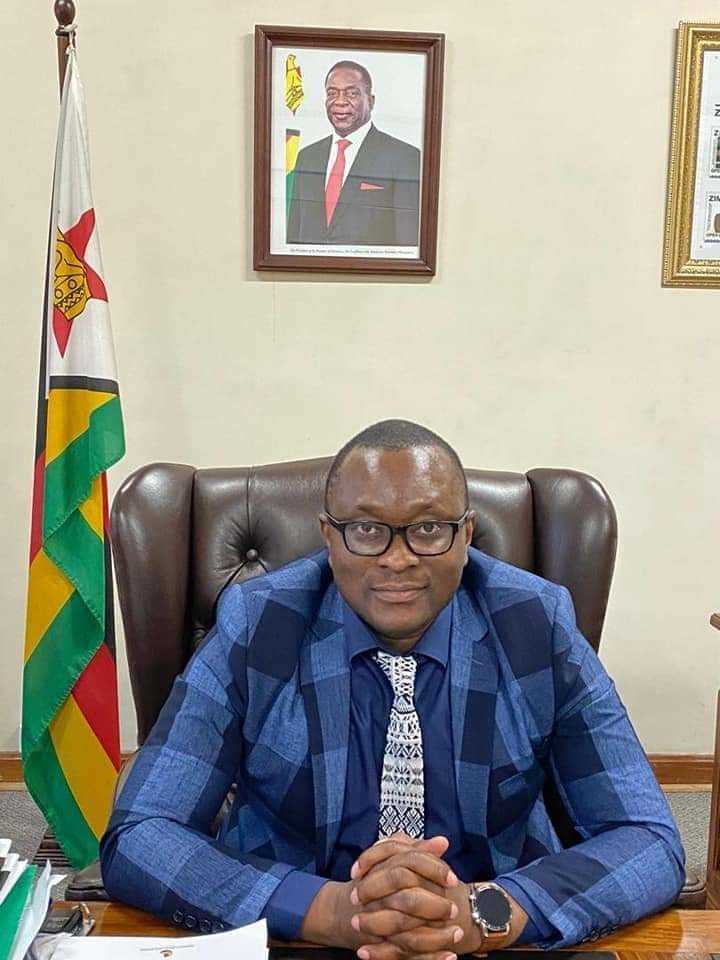
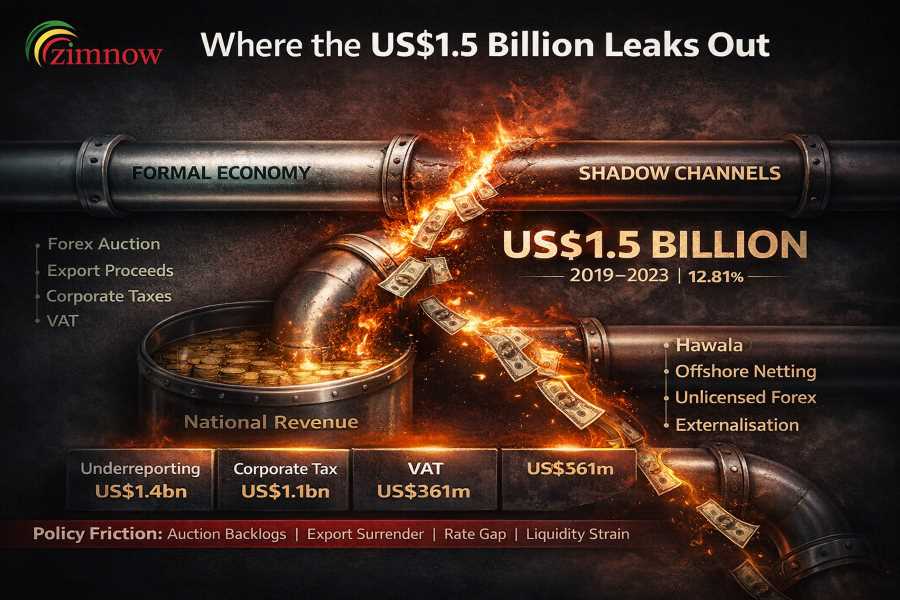



Leave Comments